Table of content
Introduction
Pickled salted duck eggs, a culinary delight hailing from various regions in Asia, particularly China, are renowned for their unique flavor and texture. These eggs, characterized by their rich, salty taste and creamy yolks, are a staple in many traditional dishes and are often enjoyed as a snack or part of a meal. However, preserving these delicacies can be challenging, especially if one is unfamiliar with the proper storage techniques. This comprehensive guide aims to provide detailed information on how to preserve pickled salted duck eggs effectively, ensuring they retain their quality, flavor, and texture for an extended period.
Understanding Pickled Salted Duck Eggs
Before diving into preservation methods, it’s crucial to understand the basics of pickled salted duck eggs. The process of making these eggs involves immersing them in a brine solution, typically consisting of salt, water, and sometimes additional spices or herbs, for a period ranging from weeks to months. This process draws out moisture from the eggs while infusing them with salt and flavor, resulting in the characteristic salty taste and firm, creamy yolks.
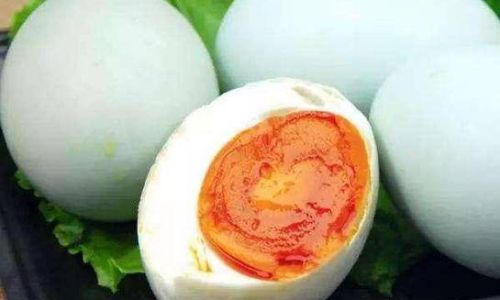
The pickling aspect adds an extra layer of preservation by creating an acidic environment that inhibits the growth of harmful bacteria. However, even with this natural preservation, additional steps are necessary to ensure long-term storage without compromising quality.
Factors Affecting Preservation
Several factors influence the shelf life and quality of pickled salted duck eggs during storage:
-
Brine Concentration: The salt content of the brine plays a vital role. A sufficiently salty brine (usually around 20-30% salt concentration) creates an inhospitable environment for bacteria.
-
Temperature: Lower temperatures slow down bacterial growth and chemical reactions, preserving the eggs longer.
-
Humidity and Air Exposure: Excessive moisture or air exposure can lead to mold growth or dehydration, respectively.
-
Container Material: Glass or ceramic jars with tight-fitting lids are ideal as they do not react with the brine and provide a good seal.
-
Handling: Frequent opening and closing of the container can introduce contaminants and disrupt the preservation process.
Preparation for Storage
Before storing pickled salted duck eggs, ensure they are fully prepared and the brine is at the correct concentration. Here’s a step-by-step guide:
-
Egg Selection: Choose fresh, uncracked eggs for the best results.
-
Cleaning: Gently wash the eggs to remove any dirt or debris. Avoid using soap as it can leave a residue.
-
Brine Preparation: Dissolve the required amount of salt in boiling water. Allow it to cool completely before adding the eggs. The ratio of salt to water can vary, but a common starting point is 1 cup of salt per 4 cups of water. Adjust based on personal preference and climate conditions.
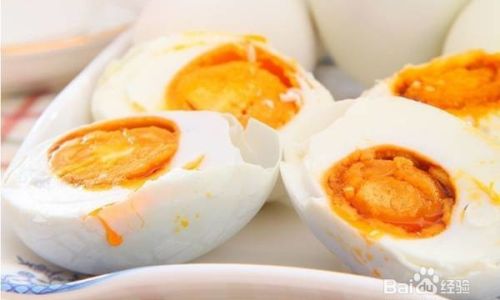
-
Flavoring (Optional): Add spices like ginger, star anise, or bay leaves for added flavor.
-
Submersion: Ensure the eggs are fully submerged in the brine. Use a weight, like a small plate, to keep them down if necessary.
-
Aging: Allow the eggs to sit in the brine for at least 3-4 weeks, checking occasionally to ensure they remain submerged. The longer they sit, the saltier and more flavorful they become.
Storage Techniques
Once the eggs have reached the desired level of saltiness and flavor, it’s time to consider long-term storage options. Here are several effective methods:
Refrigeration
Refrigeration is the most common and reliable method for preserving pickled salted duck eggs. The cold temperatures slow down bacterial growth and extend the shelf life significantly.
- Procedure: Transfer the eggs and brine into a clean, airtight container. Ensure there is no excess headspace to minimize air exposure.
- Temperature: Maintain a refrigerator temperature between 35-40°F (2-4°C).
- Duration: Properly refrigerated, pickled salted duck eggs can last for several months to a year.
- Monitoring: Check periodically for signs of mold or off odors. If any are detected, discard the affected eggs immediately.
Freezing
While freezing isn’t traditional for pickled salted duck eggs, it can be done if space in the refrigerator is limited or for long-term storage needs. Note that freezing may slightly alter the texture of the eggs.
- Procedure: Remove the eggs from the brine, rinse them gently, and pat them dry. Wrap each egg individually in plastic wrap or place them in an airtight container with a layer of brine (to maintain moisture).
- Temperature: Freeze at 0°F (-18°C).
- Duration: Frozen eggs can be kept for up to a year.
- Thawing: Thaw in the refrigerator overnight before use. Avoid thawing at room temperature to prevent bacterial growth.
Canning
Canning is a preservation method that involves sealing food in airtight containers and processing them at high temperatures to kill bacteria and create a vacuum seal. While less common for pickled salted duck eggs, it can be effective.
- Procedure: Use clean, sterile canning jars. Fill the jars with eggs and brine, leaving headspace as per canning guidelines. Process in a pressure canner at the appropriate pressure and time for your altitude and jar size.
- Storage: Store canned eggs in a cool, dark place.
- Duration: Properly canned eggs can last for several years.
- Safety: Always follow canning guidelines closely to avoid botulism and other foodborne illnesses.
Vacuum Sealing
Vacuum sealing removes oxygen from the packaging, creating an anaerobic environment that inhibits bacterial growth. This method is particularly useful for individual portions.
- Procedure: Remove the eggs from the brine, rinse, and pat dry. Place each egg in a vacuum-seal bag with a small amount of brine to maintain moisture.
- Sealing: Use a vacuum sealer to remove air and seal the bags.
- Storage: Store in the refrigerator or freezer.
- Duration: Refrigerated, vacuum-sealed eggs can last several months. Frozen, they can last up to a year.
Troubleshooting Common Issues
During storage, you may encounter some issues. Here’s how to troubleshoot and resolve them:
- Mold Growth: If mold appears on the surface of the brine or eggs, discard the affected portions immediately. Ensure the brine is at the correct salt concentration and the container is sealed tightly.
- Off Odors: Strong, unpleasant odors indicate spoilage. Discard the eggs and brine.
- Cloudy Brine: Cloudiness is usually harmless and can be caused by minerals in the water or eggs. However, if accompanied by off odors or mold, discard the brine and eggs.
- Cracking: Cracks can allow bacteria to enter. If a crack is minor, it may be safe to consume, but discard any eggs with significant cracks or those that have been exposed to air for an extended period.
Conclusion
Preserving pickled salted duck eggs requires attention to detail and an understanding of the factors that affect their shelf life. By choosing the right storage method—whether refrigeration, freezing, canning, or vacuum sealing—and following best practices, you can enjoy these delicious treats for months or even years. Always prioritize food safety, monitor stored eggs regularly, and discard any that show signs of spoilage. With proper care, pickled salted duck eggs can remain a delightful part of your culinary repertoire for an extended period.
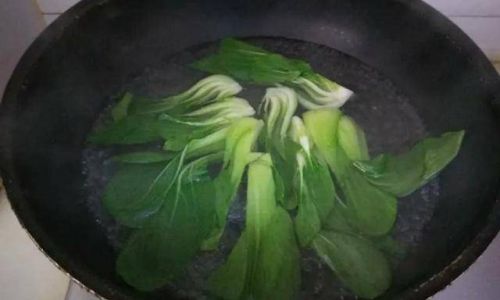

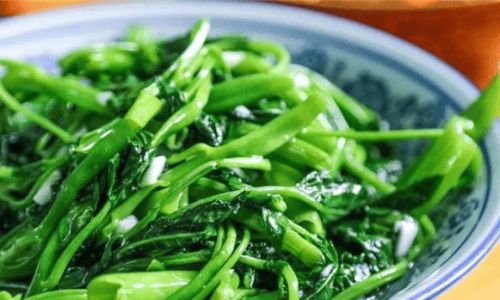
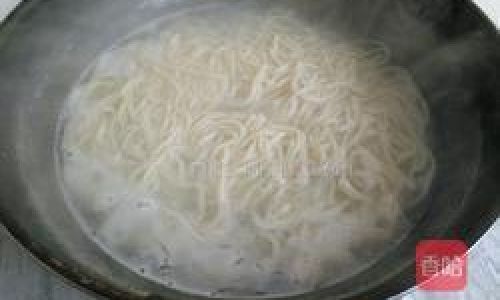
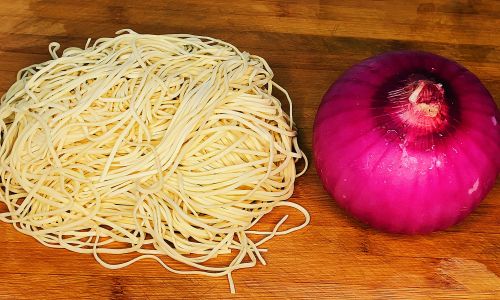
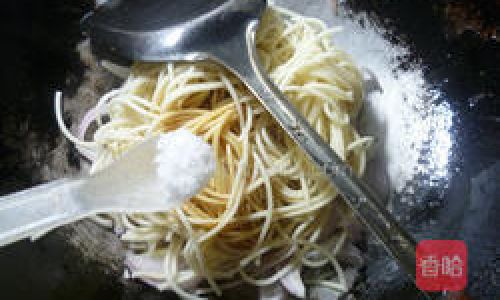
0 comments